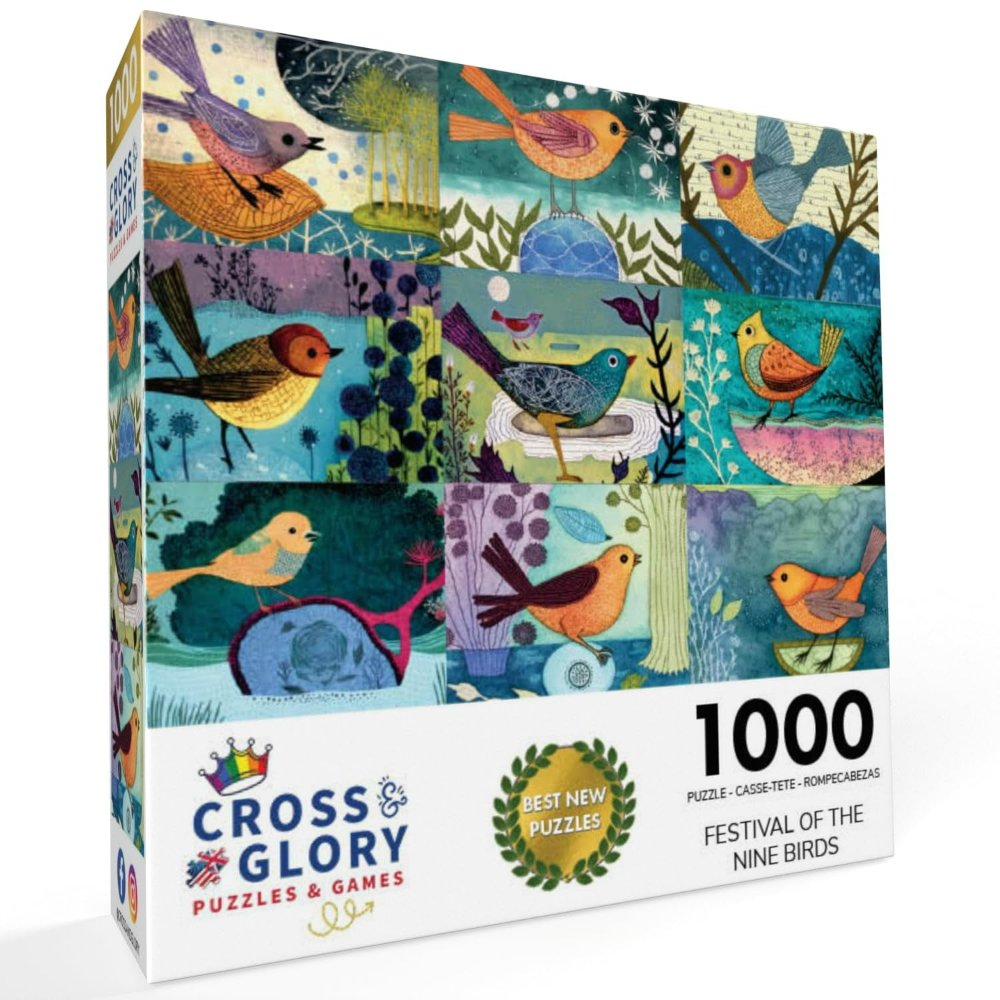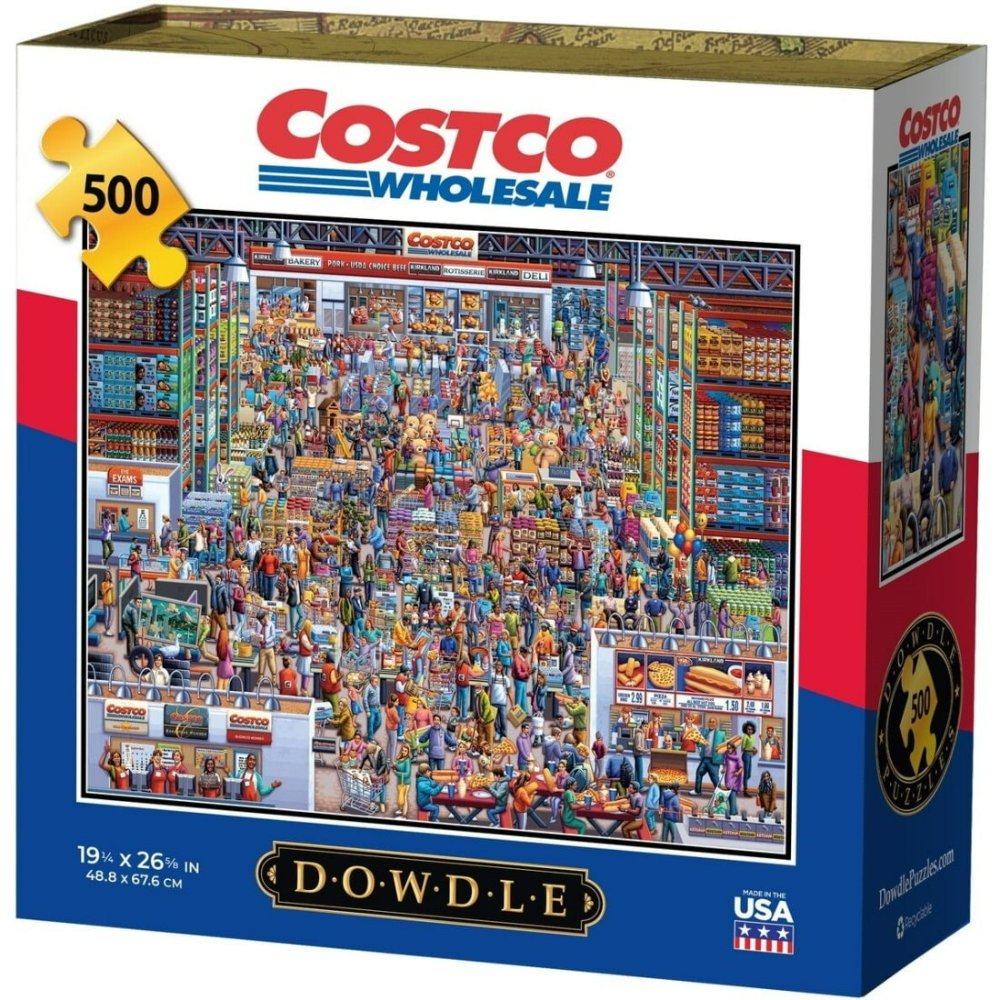The Benefits of Puzzle Solving for Adults
Engaging in puzzles offers numerous advantages for adults. Primarily, puzzles enhance problem-solving skills. These activities require you to think critically and devise solutions, thereby improving your cognitive abilities. Additionally, puzzles can serve as a form of stress relief. Focusing on a puzzle allows you to detach from daily pressures and relax. This mental break can decrease stress levels and promote a sense of wellbeing.
Another benefit is the improvement of memory. Completing puzzles, especially those that involve complex arrangements or sequences, can boost short-term memory. Moreover, puzzles for adults foster social interaction. Whether solving puzzles in groups or sharing experiences in puzzle-related communities, these activities encourage communication and bonding. Lastly, puzzle-solving can be a fun and rewarding hobby. It provides a sense of accomplishment when you complete a challenging puzzle, enhancing your mood and motivation.

Popular Types of Puzzles for Adult Enthusiasts
Adult puzzle enthusiasts have a variety of puzzles to choose from, each offering unique challenges and benefits. Here are some popular types:
Jigsaw Puzzles
These puzzles involve assembling interlocking pieces to form a complete image. They range from simple designs with large pieces to complex images with thousands of small pieces. Jigsaw puzzles for adults enhance spatial reasoning and attention to detail.
Crossword Puzzles
Crossword puzzles require solvers to fill in words based on clues provided. They test vocabulary and general knowledge and are perfect for linguistic buffs.
Sudoku
Sudoku involves filling a grid with numbers so that every row, column, and region contains each digit from 1 to 9. It’s excellent for improving logical thinking and numerical skills.
Logic Puzzles
These include various types of brain teasers that require deductive reasoning. Examples are riddles, lateral thinking puzzles, and nonogram puzzles. They help sharpen critical thinking and problem-solving skills.
3D Puzzles
3D puzzles offer an added dimension to the traditional puzzle-solving experience. Examples include puzzle globes and architectural models. They are ideal for those who enjoy hands-on, tactile activities. Constructing these can enhance spatial visualization skills.
Word Search Puzzles
These puzzles involve finding hidden words within a grid. They can help improve pattern recognition and vocabulary. Excellent for a quick mental exercise.
Each type of puzzle engages the mind in different ways, catering to varied interests and cognitive strengths among adults.

Advanced Strategies for Tackling Complex Puzzles
For puzzle enthusiasts seeking to tackle more challenging conundrums, advanced strategies are essential. Here are some effective tactics to improve your puzzle-solving prowess:
Break the Puzzle into Manageable Sections
Start by breaking down complex puzzles into smaller, more manageable parts. This approach simplifies the problem and can reduce overwhelm. Tackle each section one at a time to keep progress steady.
Look for Patterns
In puzzles like Sudoku and crosswords, pattern recognition can be a game-changer. Pay attention to recurring themes or number arrangements to uncover hidden solutions.
Use Process of Elimination
When stuck, the process of elimination can help. For multiple-choice puzzles or logic riddles, discard options that don’t fit until the correct one stands out.
Take Regular Breaks
Sometimes, stepping away from a puzzle can bring new perspectives. Short breaks can refresh your mind and help you see solutions that were previously overlooked.
Practice Frequently
Like any skill, proficiency in solving puzzles for adults improves with practice. Dedicate time regularly to engage in different types of puzzles and enhance your abilities.
Engage with Other Enthusiasts
Joining communities or collaborating with fellow puzzle lovers can offer new insights. Sharing strategies can open up different angles to a tricky puzzle you hadn’t considered.
By employing these methods, puzzle solvers can improve their technique and tackle puzzles for adults with greater confidence and success. Remember, persistence and patience are key in mastering the art of puzzle-solving.
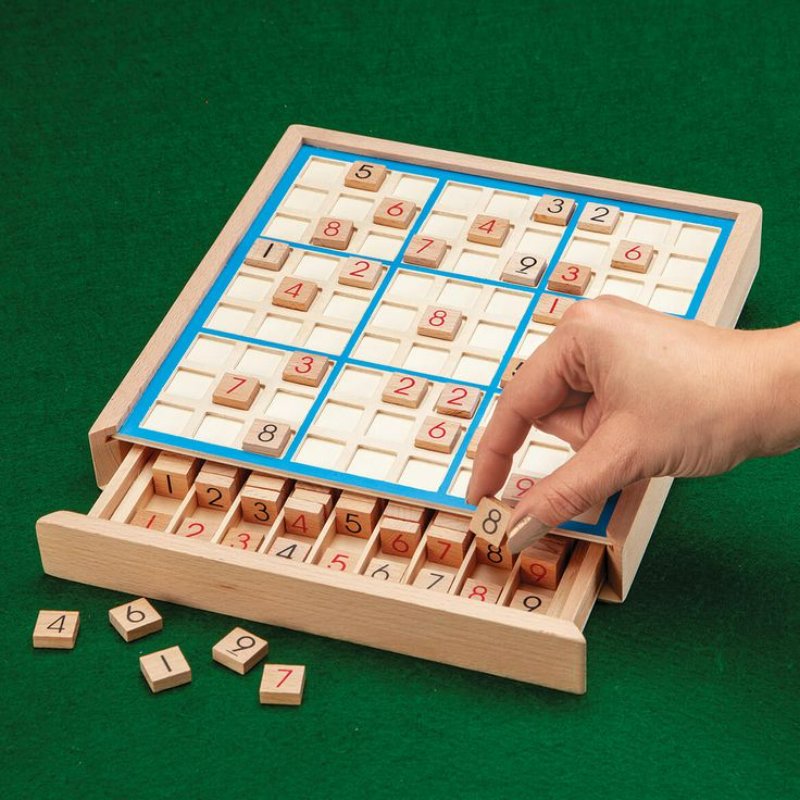
Online Resources and Communities for Puzzle Lovers
For those passionate about puzzles for adults, online resources and communities can be a treasure trove. They offer a way to connect with others, learn new strategies, and find an endless supply of puzzles. Here are some essential online platforms to explore:
Websites with Puzzle Libraries
Many websites have vast collections of puzzles for adults. These include jigsaw puzzles, crosswords, Sudoku, and more. Some are free, while others may require a subscription. You can solve puzzles at your own pace and even track your progress over time.
Forums and Discussion Groups
Online forums like Reddit and puzzle-specific message boards host vibrant communities. Here, enthusiasts share tips, celebrate successes, and offer support in times of challenge. Joining these groups is a great way to immerse yourself in the puzzle-solving culture.
Social Media Groups
Platforms like Facebook have groups dedicated to every type of puzzle. You can meet fellow solvers, participate in contests, and discuss the latest puzzle trends. These groups are often friendly and welcoming to newcomers.
Mobile Apps
With the rise of smartphones, puzzle apps are increasingly popular. They put a wide range of puzzles right at your fingertips. Some apps also allow you to compete with other users or play in a cooperative mode.
Online Puzzles Competitions and Challenges
For the competitive spirits, various websites host regular competitions. These can range from timed challenges to solving the most puzzles in a month. It’s a fun way to test your skills against other enthusiasts.
Leverage these online resources and communities to enhance your enjoyment and skill in solving puzzles for adults. With diligence and engagement, you’ll grow as a solver and possibly make some new friends along the way.
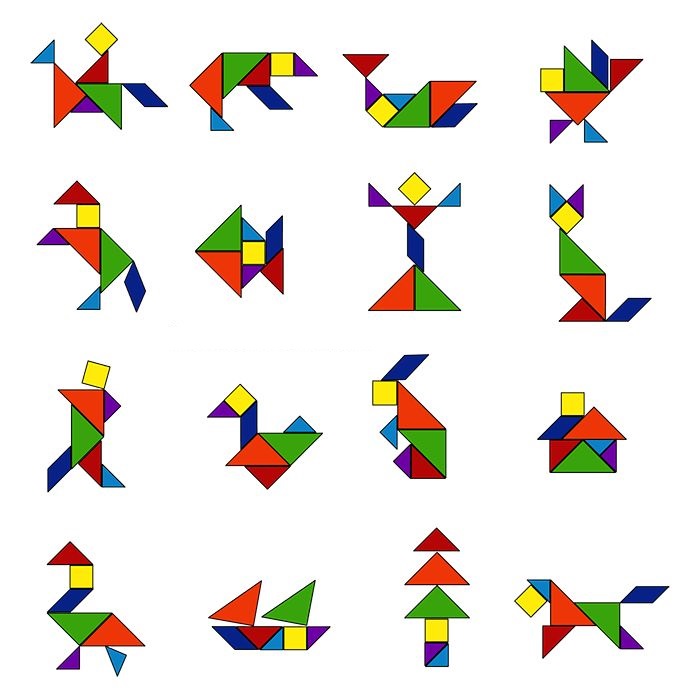
The Role of Puzzles in Cognitive Health and Memory Improvement
Engaging in puzzles for adults has a significant impact on cognitive health and memory improvement. Regularly solving puzzles stimulates brain functions. This stimulation can enhance cognitive processes, like memory, problem-solving skills, and attention to detail.
Puzzle-solving exercises multiple areas of the brain. For instance, crossword puzzles challenge the language and word-recognition area. Sudoku tests logical thinking and number skills. This variety in stimulation helps maintain and improve overall cognitive health.
Memory improvement is another major benefit. Puzzles force the brain to recall rules and remember complex strategies. This continual use of memory strengthens brain cells and neural connections. It often improves short-term memory and concentration.
Puzzles can even slow down the cognitive decline associated with aging. They provide a fun yet challenging way to keep the brain active. Studies suggest that adults who engage in mental activities like puzzles have a lower risk of developing memory-related illnesses.
Overall, puzzles for adults are more than just entertainment. They are tools to help maintain and enhance cognitive vitality and memory sharpness.
Incorporating Puzzles into a Busy Adult Lifestyle
Fitting puzzles into a hectic schedule can seem daunting. However, with some strategic planning, it’s entirely possible. Here are practical tips to incorporate puzzles for adults into daily life:
Choose Quick Solve Puzzles
For busy individuals, quick solve puzzles like word searches or mini crossword puzzles can be ideal. They offer a mental break without requiring too much time.
Utilize Mobile Apps
Puzzle apps can turn idle time into productive puzzle-solving sessions. Use them during commutes, waiting times, or any small break throughout the day.
Schedule Regular Puzzle Time
Just as you might schedule workouts, consider setting aside specific times for puzzle-solving each week. Consistency can help you make puzzles a regular part of your lifestyle.
Engage With Family
Turn puzzle time into a fun family activity. It can serve as great bonding time while engaging everyone’s cognitive skills.
Use Puzzles as a Transition Activity
Use puzzles to unwind after work or shift between different tasks. It helps in resetting your brain and reducing stress.
By integrating these tips, puzzles can seamlessly become a part of your busy lifestyle, enriching your daily routine with cognitive benefits.
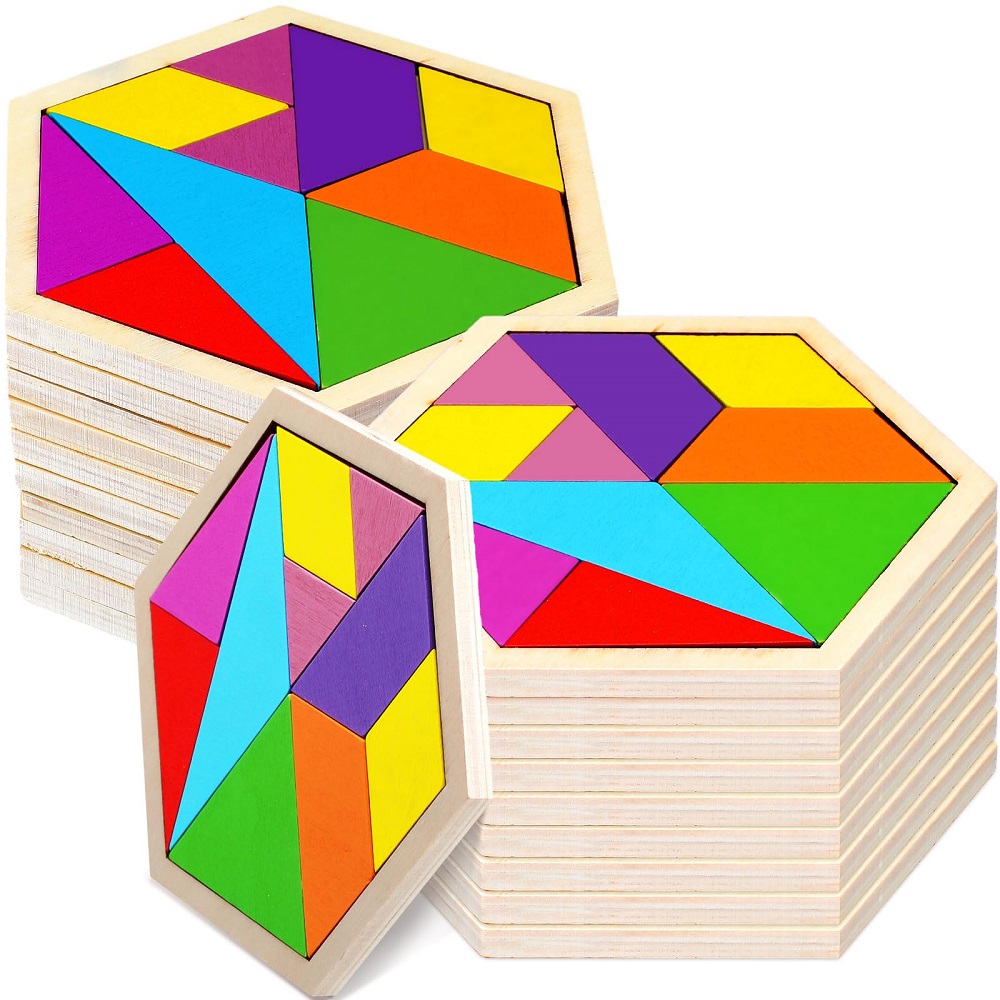
Choosing the Right Puzzle for Your Skill Level and Interest
Selecting the right puzzles for adults can be crucial for engagement and satisfaction. Here’s how to match them with your skill level and interests:
Assess Your Cognitive Strengths
Identify your cognitive strong points. Do word games intrigue you, or are you better with numbers and logic? Choose puzzles that play to these strengths.
Consider Your Commitment Level
Reflect on the time you’re willing to invest. If you’re short on time, opt for quick puzzles like word searches. For a longer engagement, try jigsaw puzzles.
Evaluate Difficulty Levels
Start with simpler puzzles and gradually work towards more complex ones. This can prevent frustration and keep your motivation high.
Explore Varied Puzzle Types
Experiment with different puzzle genres. This exploration can keep your brain stimulated and may reveal a new favorite puzzle style.
Mind Your Interests
Align puzzles with your hobbies or interests. If you love art, try puzzles featuring famous paintings. If architecture fascinates you, consider 3D puzzles of buildings.
By carefully choosing puzzles that resonate with your skills and passions, you can enhance both your puzzle-solving experience and cognitive benefits.
How to Create Your Own Puzzles for a Personal Challenge
Creating your own puzzles for adults can offer unique challenges and satisfaction. This activity not only tests your creativity but also deepens your problem-solving skills. Here’s how to get started:
Choose a Puzzle Type
Begin by deciding what type of puzzle you want to create. This could be a crossword, Sudoku, or even a custom jigsaw puzzle. Consider what intrigues you most.
Design the Layout
Sketch out the basic layout on paper or a digital tool. For a crossword, think of the grid size. For jigsaw puzzles, outline the image you would use.
Develop the Rules
Each puzzle type has its own set of rules. Define these clearly. For example, in Sudoku, ensure that each row, column, and square has unique numbers from 1 to 9.
Create Clues or Pieces
For word-based puzzles, generate clues that are challenging but fair. For a jigsaw, ensure the pieces are varied and fit well together.
Test Your Puzzle
Solve it yourself or ask someone else to try it. Look for any issues or overly difficult sections. Adjust as necessary.
You can share your puzzle in online forums or with friends who enjoy puzzles for adults. Use their feedback to refine your creation.
Creating a personal puzzle is an excellent way to challenge yourself. It pushes your limits and contributes positively to your cognitive skills, making you both the creator and solver.

